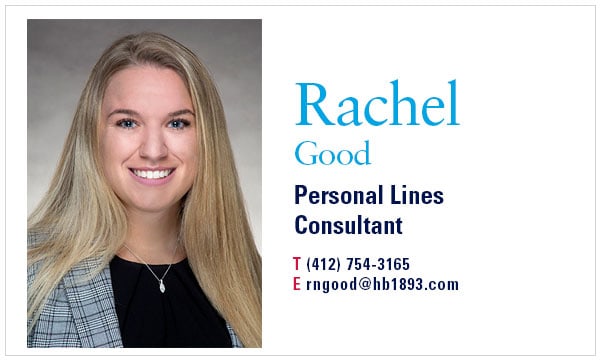“I want to sell my car. I rent an apartment in the city close enough to my job to walk. I’ve figured out every angle to avoid using a car, and I dream of not dealing with the hassle or cost of one. One thing, though, is that I heard it’s a good idea to keep some car insurance even if I don’t own a car. To me this sounds like a waste of money. Can you help me? Do I need car insurance if I don’t need a car?”
Believe it or not, you do need to continue to buy car insurance even if you don’t own a car or really plan on driving regularly. There is a special name for this type of protection: a non-owner auto policy. Why in the world would you need this? Here are three reasons why:
- If you plan on driving or borrowing a friend’s car, you may need protection. When driving a vehicle with the permission of the owner, you’re typically covered under their policy. Here’s the problem: What happens if you have an accident driving their car and the resulting insurance claim is higher than the limit of liability their insurance will pay? You would be left to cover the difference! Your non-owner policy would serve as a second level of coverage in this situation.
- If you want to rent a car. To rent a car, proof of insurance is required. A non-owner policy makes this possible. This type of policy only covers liability on damage to other vehicles, but not damage to the rental; we would suggest supplementing this with the vehicle damage waiver offered by the rental agency.
- To maintain the best insurance rating for the lowest rates, you must not have a gap in your auto coverage history. Dropping your car insurance will remove you from being a preferred driving risk. Also, continuous coverage will prevent a surcharge from being added to your account if you ever do decide to purchase insurance and own a vehicle again in the future.
If you are interested in speaking to a Henderson Brothers insurance Expert about a non-owner insurance policy or if you would like a quote, please contact Rachel Good at (412) 754-3165 or [email protected].

Please note that the information contained in this posting is designed to provide general awareness in regard to the subject matter covered. It is not provided as legal, medical, or tax advice, nor is it intended to address all concerns in your workplace or for public health. No representation is made as to the sufficiency for your specific company’s needs. This post should be reviewed by your legal counsel or tax consultant before use.

